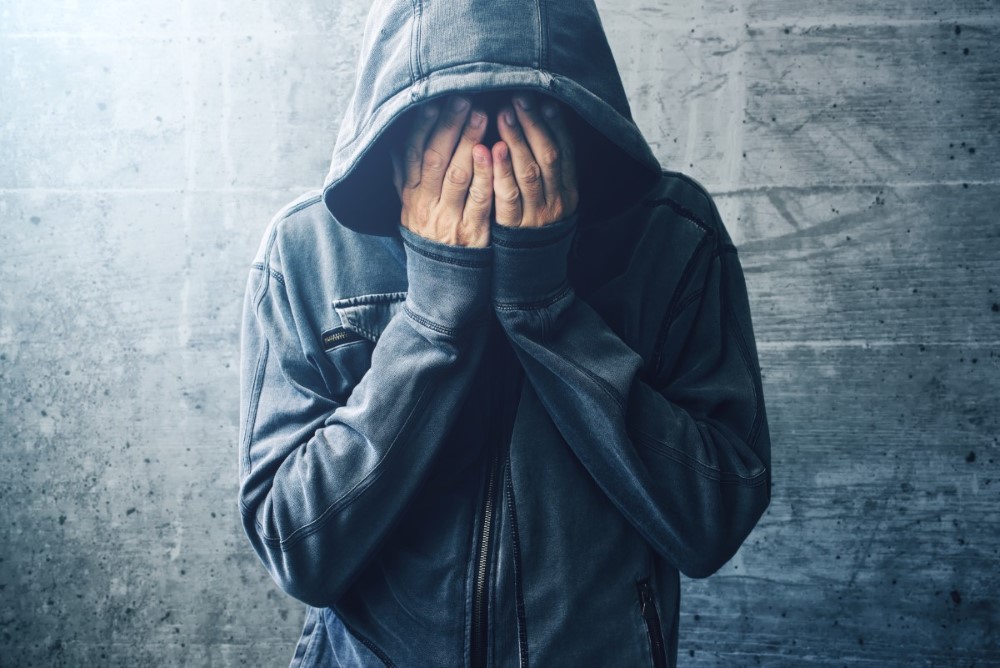The journey of addiction recovery often begins with the challenging yet vital step of self-forgiveness. Acknowledging and forgiving oneself for past actions and mistakes made during the throes of addiction is not a sign of weakness but a courageous act of self-compassion. This process involves understanding that addiction is a disease and that the path to recovery often includes missteps. By forgiving yourself, you lay the groundwork for healing and open the door to new possibilities of growth and recovery.
Navigating the Complexities of Being Forgiven
Seeking forgiveness from others is a delicate aspect of the recovery process. It involves acknowledging the hurt and pain caused to friends, family, and loved ones. This step requires patience, understanding, and the acceptance that forgiveness from others may not come easily or quickly. The key is to focus on sincere amends and demonstrate through actions the commitment to change, understanding that being forgiven by others is a journey, not a destination.
The Controversy Surrounding Forgiveness and Accountability
A contentious topic in the realm of addiction recovery is balancing forgiveness with accountability. Some argue that too much emphasis on forgiveness might absolve one of taking full responsibility for their actions. However, it’s crucial to understand that forgiveness is not about excusing harmful behaviors but about releasing the burden of guilt to move forward in a healthy and productive manner.
Forgiveness as a Path to Emotional Liberation
Forgiveness, both self and from others, is a powerful tool in breaking free from the emotional chains of addiction. It allows for the healing of emotional wounds and the rebuilding of trust and relationships. This emotional liberation is essential for sustained recovery, as it helps to resolve underlying issues that may contribute to addictive behaviors.
Cultivating Forgiveness as a Continuous Practice
Forgiveness in addiction recovery is not a one-time event but a continuous practice. It’s a journey that evolves as you progress in your recovery. Regular reflection, open communication, and the commitment to personal growth all play crucial roles in fostering an ongoing practice of forgiveness.
The Healing Power of Forgiveness: A Health Boost for Recovery
In the journey of addiction recovery, forgiveness emerges as a potent tool with profound health benefits. Research reveals that the act of forgiveness is associated with tangible rewards for one’s well-being. Studies demonstrate a reduced risk of heart attack, improved cholesterol levels, enhanced sleep quality, and a decrease in pain, blood pressure, anxiety, depression, and stress. Understanding the transformative impact of forgiveness on health becomes pivotal in the context of addiction recovery.
Forgiveness: A Pathway to Recovery’s Core
Forgiveness plays a pivotal role in the intricate tapestry of addiction recovery. Letting go of the emotional weight tied to past events becomes an essential step toward healing. Whether it’s forgiving others or, perhaps more crucially, forgiving oneself, this process is integral to navigating the recovery journey. While it doesn’t imply forgetting, forgiveness entails learning from mistakes and leveraging that wisdom to propel oneself forward on the path to recovery.
Self-Forgiveness: A Critical Element in the Recovery Journey
In addiction recovery, self-forgiveness stands out as a critical component. It enables individuals to anchor themselves in the present moment, fostering a positive mindset crucial for progress. By forgiving oneself, the shackles of negative emotions are released, allowing for transformative change. Understanding the significance of self-forgiveness becomes a linchpin in breaking free from the past and embracing positive transformations on the road to recovery.
Navigating the Future: The Impact of “The Art of Letting Go”
As you reflect on “The Art of Letting Go: Addiction and Forgiveness,” envision a future where the principles discussed become integral to your journey of recovery. The potential impact lies not only in the transformative power of forgiveness but also in the positive changes it can bring to your overall well-being. Embracing the art of letting go may pave the way for a healthier, more fulfilling future, one where the weight of past struggles no longer defines your path.
Forgiveness’s Ongoing Role in Your Recovery Journey
Moving forward, consider the enduring role of forgiveness in your ongoing recovery journey. The act of forgiving, whether directed towards yourself or others, isn’t a one-time event but an ongoing process. Recognize that forgiving yourself is not just an act of kindness but a crucial element for sustained progress. As you navigate the challenges of recovery, the continuing practice of forgiveness can be your steadfast companion, supporting your growth and resilience.
A Positive Ripple Effect: How Forgiving Yourself Impacts Others
Understanding the ripple effect of forgiveness is key to your journey. As you forgive yourself, you create a positive atmosphere that extends beyond your own well-being. Others around you, whether family, friends, or fellow individuals in recovery, may witness the transformative power of forgiveness in your life. Your journey becomes not just personal but a source of inspiration for those navigating their paths, fostering a collective environment of understanding and healing.
Seeking Forgiveness: A Courageous Step in Your Recovery
Forgiveness isn’t a solo endeavor—it’s a shared experience. Acknowledge the courage it takes to seek forgiveness from others. In your recovery journey, reaching out and mending relationships may seem daunting, but it is an act of strength and commitment to positive change. Embrace the potential for healing connections, recognizing that being forgiven by others can be a powerful catalyst for personal growth and strengthened relationships.
In wrapping up our exploration of the intertwining paths of addiction recovery and forgiveness, it’s clear that forgiveness is not just an act but a journey that plays a critical role in the process of letting go and moving forward. Whether it’s about forgiving oneself or seeking forgiveness from others, this journey is marked by empathy, understanding, and patience. Self-forgiveness opens the door to self-acceptance and healing, while the pursuit of forgiveness from others paves the way for mended relationships and renewed trust.
The balance between forgiveness and accountability is delicate and complex, but it is essential in ensuring a holistic approach to recovery. It’s about acknowledging past mistakes while also embracing the opportunity for change and growth. The act of forgiving and being forgiven can be transformative, leading to emotional liberation and a stronger foundation for lasting recovery.
As we reflect on these insights, I encourage you to engage further in this conversation. Share your experiences, thoughts, and challenges related to forgiveness in the context of addiction recovery. Your journey and insights are invaluable, not only for your own healing but also as a source of support and inspiration for others navigating similar paths. Let’s continue to foster a community of understanding, empathy, and hope, where the art of letting go and the power of forgiveness are embraced as vital components of the journey towards recovery and well-being.




